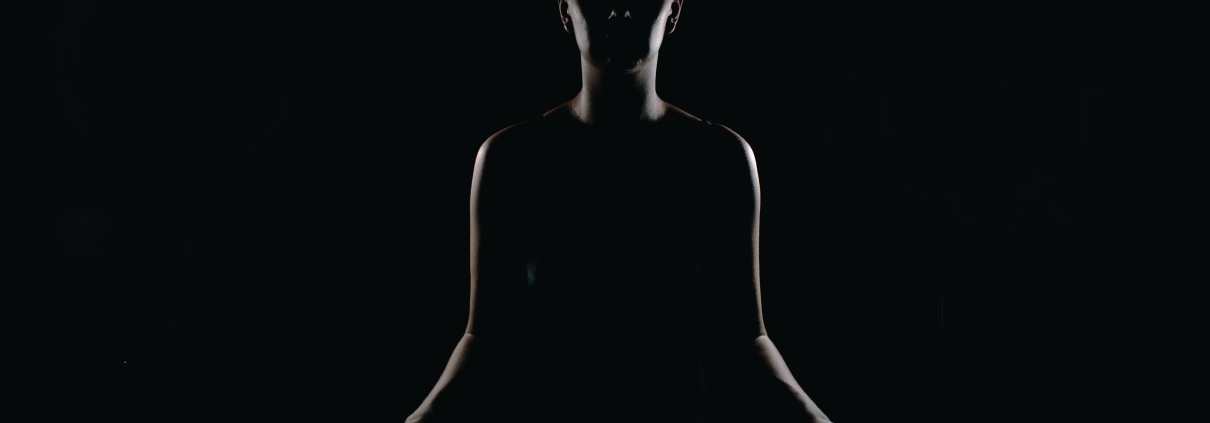Christian Meditation
The past few years have been difficult for everyone. At the start of the global pandemic, we walked anxiously into the unknown. Our oppressor was invisible and deadly. Our daily lives utterly changed. Our major life events were disrupted. The grieving process for loved ones was fraught with separation from the supportive community, at a critical time. Behind our masks, we were worried and afraid.
There were many media articles on how we could foster resilience as a coping strategy, in this changed environment. One of these strategies was learning the practice of meditation.
The concept of meditation has sometimes been approached warily in the Western world.
‘Surely this stems from Eastern religions, with practices such as Transcendental Meditation and Yoga, having roots in Hinduism and Buddhism’, is often the response. Does this make meditation a questionable practice for Christians?
Not so, says John Main, (1926-1982) a Benedictine monk, who made the teaching of meditation his life’s work.
Tracing its roots to the early desert mothers and fathers, John Main realised that the use of a mantra was an ancient Christian tradition. The mantra he recommended was ‘Maranatha’, an ancient Aramaic phrase meaning ‘Come Lord’.
He wrote “To many ordinary churchgoers and clergy, the mantra seems at first a suspiciously new-fangled technique of prayer, or some kind of therapy, that may help you relax, but has no claim to be called Christian. This is a desperately sad state of affairs. So many Christians have lost touch with their own tradition of prayer”. (1)
The real work of meditation is to attain harmony of body, mind and spirit. This is the aim given us by the psalmist “Be still and know that I am God”. In meditation, we turn the searchlight of consciousness off ourselves. In meditation we go beyond thoughts.
Meditation is not concerned with thinking but with being. Our aim in Christian prayer is to allow God’s mysterious and silent presence within us, to become the reality which gives meaning to our lives. The task of meditation is to bring our distracted mind to stillness, silence and concentration.
Father John said learning to meditate is the most practical thing in the world. All it requires is a desire to learn and commitment to daily practice. The process is absolute simplicity.
To meditate, we seek a quiet place and find a comfortable upright sitting position. We close our eyes gently, sitting relaxed but alert. Silently, interiorly, we begin to say our mantra, ‘Maranatha’. It is said with four equally stressed syllables- Ma-Ra-Na-Tha. Some say the word in conjunction with their calm, regular breathing. (2)
I have discovered from personal experience that when beginning to meditate, it does not feel quite as simple as Fr. John describes. All sorts of distracting thoughts can come to mind, and it is easy to say, ‘I’m no good at this’. Also, the suggested time of 20 minutes for meditation, can seem too long. I found it easier to start with even 5 minutes and gradually build up to 20 minutes every morning and ideally, every evening.
We start by saying the mantra in our head, and as we make progress, we find that we are sounding it in our heart. According to Father John, it is at this moment that meditation is really beginning. We are starting to concentrate away from ourselves, and to develop a growing awareness of the presence of God dwelling in our hearts. (2)
Sometimes, it seems that this progress is slow, and it can feel like nothing is happening. The regular practice of Christian meditation, allowing the still presence within to calm mind, body and spirit, can nurture resilience. I began to understand what this means during particularly anxious and stressful life experiences. I was amazed that through it all, I felt an inner sense of calm and a deep peace.
John Main’s teaching did not end with his early death. but rather has grown and flourished. After his passing in December 1982, his friend and colleague, Father Laurence Freeman, took over the work of teaching meditation. The practice of Christian Meditation is now worldwide. Father Laurence established the World Community for Christian Meditation (WCCM) in 1991. He continues to write, speak, and hold seminars on this topic. On April 30th he visited Lviv, in global WCCM solidarity with Ukraine. (3)
In the context of the mental health initiative, MindMatters COI, perhaps as a church community, we could explore the development of Christian meditation. and connect with other local groups who are part of WCCM.
The fruits of this meditation are such that I believe the ‘peace which passes all understanding’ is available and accessible to people of all ages.
References:
- John Main (1980) Word into Silence; Darton Longman Todd: London
- John Main (1984) Moment of Christ: Darton Longman todd London
- World Community for Christian Meditation wccm.org
Written by Mary Cunningham, MindMatters COI Champion
If you would like to contribute a written piece to our Voices Team, please contact Caoimhe Leppard, MindMatters COI Digital Marketing Lead, at mhp@rcbdub.org for more information.




